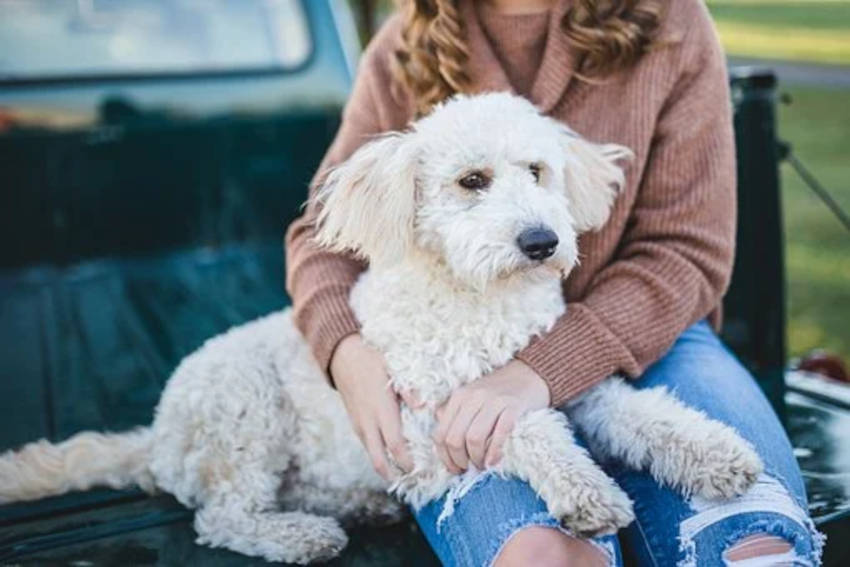
For a budding early retiree, nothing is more satisfying than being able to prepare for every aspect of your retirement, pet ownership included, which is totally optional. If you opt to do so, please clean up after your dog’s poop, and properly dispose of the waste.
When most people plan for their retirement, they include their families and some friends. However, another companion that shouldn’t be overlooked in retirement planning is the family pet! Just as your human loved ones are often part of your retirement plans, so too should your pets be part of the equation. After all, a Science Daily study on older adults reveals that 55% of all people aged 50 to 80 have at least one pet. And of these respondents, over three-quarters say their pets reduce stress. With that in mind –– in addition to the sheer devotion you likely feel toward your pet –– of course, you’ll want to consider how you and your best animal pal can enjoy a comfortable retirement together!
Here are a few words on how you can do just that.
1. Include your pets in your budgeting
It goes without saying that during retirement you’ll need to stick to a budget more strictly since you won’t really have a paycheck to look forward to. As such, it’s important for your retirement living budget to accurately account for every expense –– including your pet’s needs. Keep in mind that while pets bring a lot of benefits, they do require a number of things. In fact, 18% of retirees with pets say that pets do put a strain on their budgets.
The average pet owner spends up to $1,000 annually. And that’s considering that you’ve already paid for initial treatments and adoption fees. Meanwhile, the average American retiree spends a little over $4,000 a month, or about $50,000 yearly. These expenses typically only account for basic needs, barring emergencies. Thus, in order to avoid stretching your budget too thin, or compromising your needs or those of your pet, make sure to account for pet expenses early on in the planning process.
2. Invest in insurance for your pets
We’ve already discussed “Why You Should Never Invest in a Life Insurance Policy” on the blog. Essentially, it’s just a complicated setup that traps you into an expensive premium. For retirees, a life insurance policy is just an added burden to pay for. Contrary to this, though, pet insurance is something that can reduce the strain on a retiree’s finances.
As explained in a Sound Dollar guide to pet insurance, most policies cover illnesses, injuries, and certain services. These include annual check-ups, dental work, preventive care, and accident responses. With some breeds, providers will even offer specific coverage that can cover concerns particular to them. Regardless, though, what really makes pet insurance worth it is that it almost immediately reimburses you. Unlike policies for humans, pet insurance will see policyholders quickly get all or part of their cashback via covered check-ups, medications, and the like. For a retiree, this at least affords you the ability to secure care for your pet without a burden on your finances.
3. Determine how much assistance you both need
Although most retirees are still physically and mentally fit, the reality is that according to an article at CNBC, nearly 70% of American retirees will ultimately need some form of long-term care. The cost of this care ranges between $50,000 to $105,000 every year. In these cases, the likelihood is that you’ll need somebody else to help care for your pet. And unless you have family or friends who can help take care of your pet for free, you’ll likely have to pay for a professional caretaker. The rates of these services vary but generally, they do get more expensive if your pet is older or has special needs.
`It may seem a bit grim, but figuring out any future care needs for you and your pet will make things significantly easier down the line.
Retiring with a furry friend is a privilege to look forward to. But to ensure that you’re both making the most of your golden years and not scraping by, it’s important to factor in your responsibilities as a pet parent as early as possible. Ultimately, this preparation is what will determine how comfortable the rest of your lives together may be.




No Comments